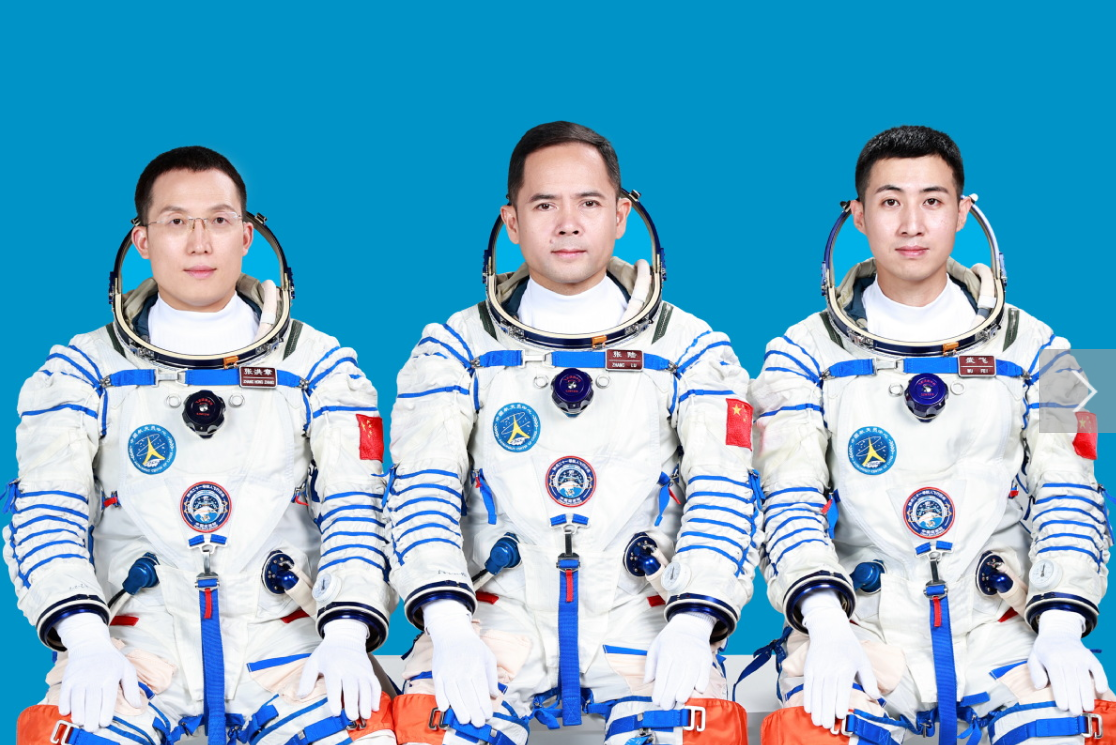新任务!神舟再征太空

This morning, China successfully launched the Shenzhou-21 spaceship from the Jiuquan Satellite Launch Center. Three Chinese astronauts — Zhang Lu, Wu Fei, and Zhang Hongzhang — have arrived at the Tiangong Space Station. This is Zhang Lu’s second space mission, while his two teammates are experiencing space for the first time.
The astronauts will stay in space for six months. One of their main jobs is to look after some special “mouse astronauts” — two males and two females. This is China’s first experiment to raise mice in space. Scientists want to learn how space life affects the mice’s health and behavior. The research will help us understand how space travel might change living things.
Mice are mammals like humans. By watching how they adapt to space, scientists can learn more about how human bodies might react during long space trips. This knowledge will be important for future missions to the Moon or Mars.
After launching, the Shenzhou-21 spacecraft took about 3.5 hours to automatically dock with the Tiangong space station. The new crew meet the Shenzhou-20 astronauts who have been in space for over six months. After working together for several days, the earlier crew will return to Earth.
1. 3. Why are mice good animals for space experiments?(推理判断)
A They are similar to humans.
B They are easy to feed.
C They are very small.
D They are strong.

